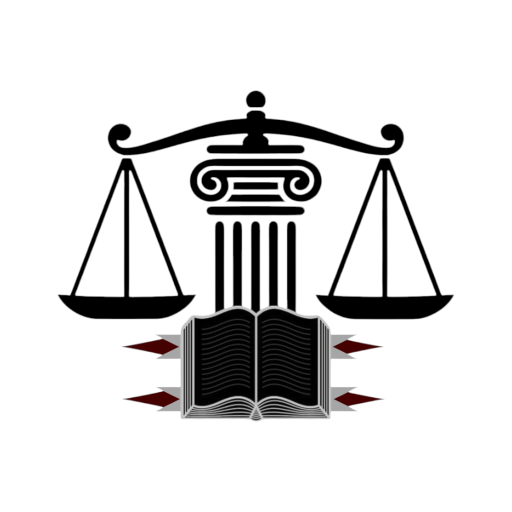Introduction
Crime is an act that breaks the law and is punishable by the government. It usually causes harm—either physical, emotional, or financial—and must be done intentionally, without a legal excuse. Crime can happen to anyone, and it affects people of all ages, backgrounds, and communities.
Meaning of the Term \”Crime\”
Crime refers to any offense that is punishable by law. It includes both actions and failures to act (omissions) that are considered illegal and harmful.
Definition of Crime
-
A crime is an unlawful act punishable by the state or another legal authority.
-
It includes actions that are so unacceptable they are forbidden by law.
-
Crime is a type of deviance where someone violates legal norms or laws.
-
It involves behavior that leads to legal punishment such as fines, imprisonment, or other sanctions.
Types of Crime
There are several major types of crime:
-
Crime against Person: Includes violent acts such as murder, assault, rape, and robbery. These crimes directly harm individuals and are more common among young, poor, urban, or minority populations.
-
Crime against Morality: Also called victimless crimes because there is no specific victim who complains. Examples include prostitution, illegal gambling, and drug use.
-
Crime against Property: Involves theft or damage to property without physical harm to people. Examples include burglary, car theft, larceny, and arson.
-
White-Collar Crime: These are non-violent crimes committed by people in high-status professions. Edwin Sutherland introduced this concept. Examples include tax evasion, insider trading, and embezzlement.
-
Organized Crime: Committed by structured groups involved in illegal activities such as drug trafficking, human trafficking, illegal gambling, or money laundering. The Mafia is a classic example.
-
Corporate Crime: Illegal acts committed by corporations or individuals on behalf of corporations. Examples include environmental pollution and selling harmful or defective products.
-
Hate Crime: Crimes motivated by bias against a person or group based on religion, ethnicity, race, or other identity. In Pakistan, sectarian violence and ethnic attacks are examples.
-
Street Crime: These are crimes committed in public places and often involve violence or threats. Examples include snatching, assault, or harassment.
Difference Between Crime and Deviance
| Aspect | Crime | Deviance |
|---|---|---|
| Definition | Violation of legal laws | Violation of social norms (not always illegal) |
| Punishment | Punishable by law (jail, fines, etc.) | May lead to social disapproval or stigma |
| Example | Murder, theft, drug trafficking | Dressing unusually, speaking out against traditions |
| Formality | Always formal and written into law | Can be informal and based on cultural expectations |
| Judged by | Legal authorities (courts, police) | Society or community |
| Universality | Similar laws often exist in many countries | Varies widely from one society or culture to another |
| Social Reaction | Legal consequences plus public response | Mostly social response like criticism, exclusion, or ridicule |
| All crimes are deviant? | Yes, because they go against social norms too | Not all deviant acts are crimes (e.g., violating dress code) |
Conclusion
In conclusion, a crime is an intentional act that goes against the law and carries legal punishment. The person committing it must have done so knowingly and without a valid legal excuse. While crime is a form of deviance, not all deviant acts are crimes. Understanding different types of crime helps society create laws, enforce justice, and protect public safety.
